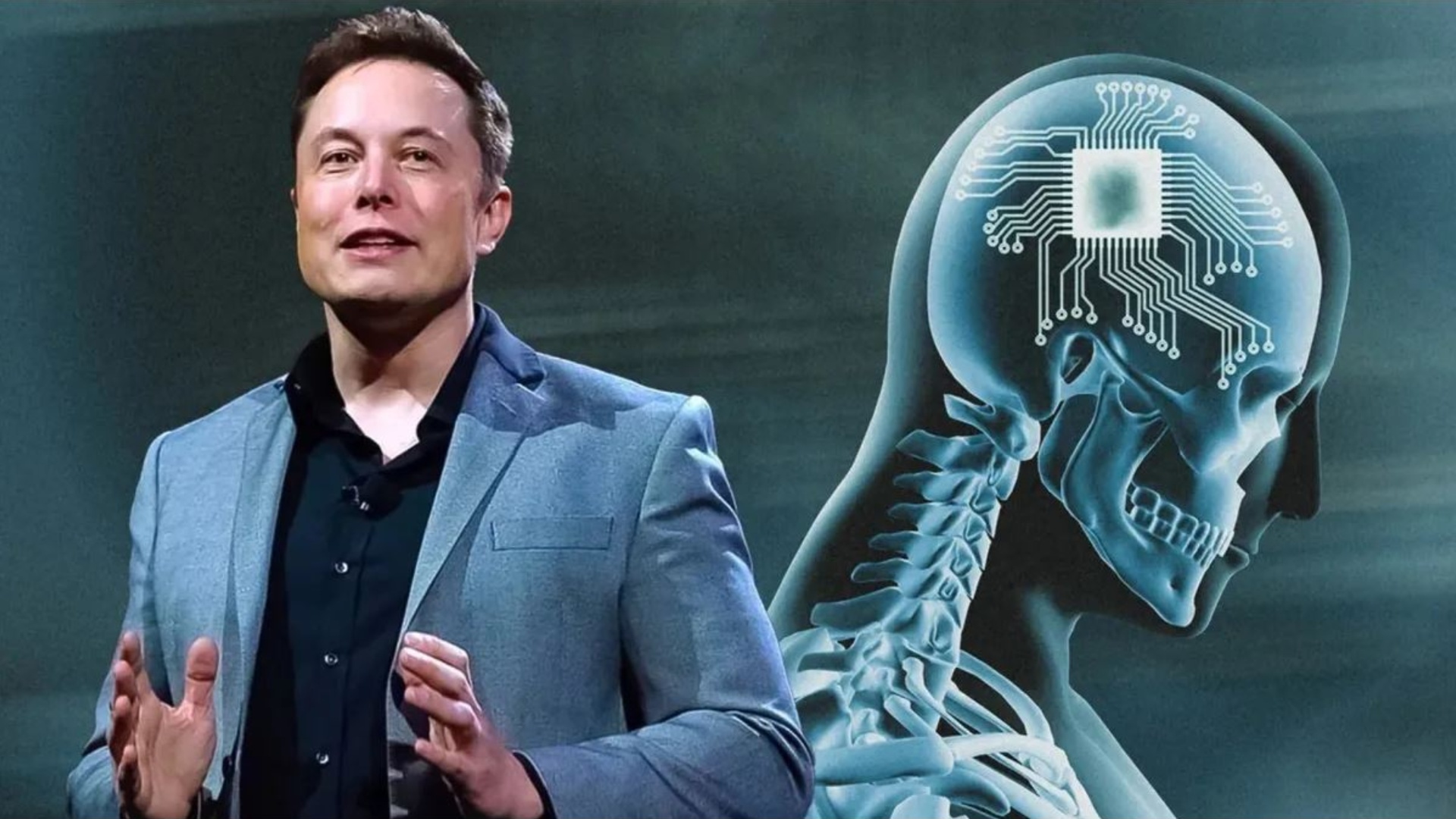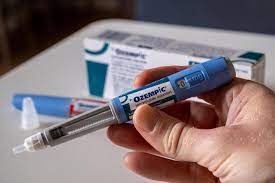Arbaugh, who became a quadriplegic following a diving accident in 2016, has found new hope through the Neuralink device, which enables him to control a computer cursor using his thoughts. “I didn’t have anything to wake up for in the morning, and this has changed that for me,” he shared in a recent interview with Good Morning America. Despite some initial challenges with the device, including issues with the threads connecting the chip to his brain, adjustments by Neuralink have improved its functionality.
Neuralink’s ongoing trial, known as the PRIME Study (Precise Robotically Implanted Brain-Computer Interface), aims to evaluate the safety and effectiveness of the implant and its surgical robot. The study primarily targets individuals with severe mobility restrictions due to conditions like cervical spinal cord injury or amyotrophic lateral sclerosis (ALS). The chip is surgically placed in the brain area that governs movement intention, and it records brain signals that are then translated into commands, allowing users to interact with digital devices purely through thought.
Approximately one month post-operation, Arbaugh was able to control a computer mouse with his brain, showcasing the potential of this groundbreaking technology. A video released by Neuralink further demonstrated his ability to play chess on a computer using only his brain. However, a subsequent technical issue temporarily affected the device’s performance, an experience Arbaugh described as emotionally challenging.
Neuralink co-founder DJ Seo emphasized that such challenges are part of the learning and development process within clinical trials, which are designed to identify and rectify problems early. The team has since made adjustments that successfully restored the device’s performance for Arbaugh.
While the technology promises significant advancements in accessibility and independence for individuals with disabilities, widespread consumer availability remains a future goal. Before Neuralink’s brain implants can enter the broader market, they must receive comprehensive regulatory approval. As Neuralink continues to test and refine its technology, it represents a profound step forward in the integration of advanced technology with human cognitive functions, potentially transforming the lives of many.







